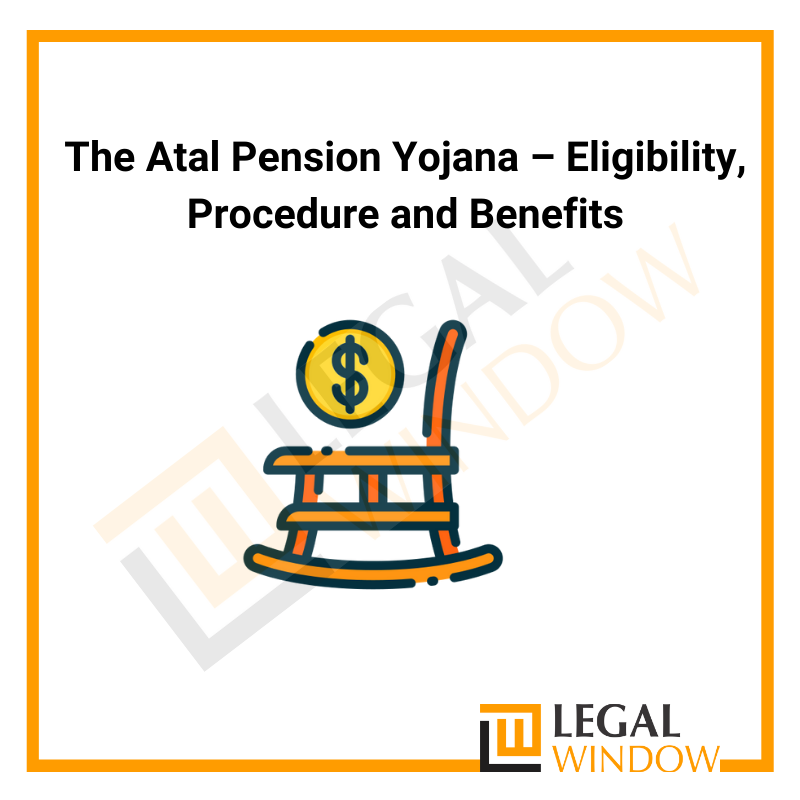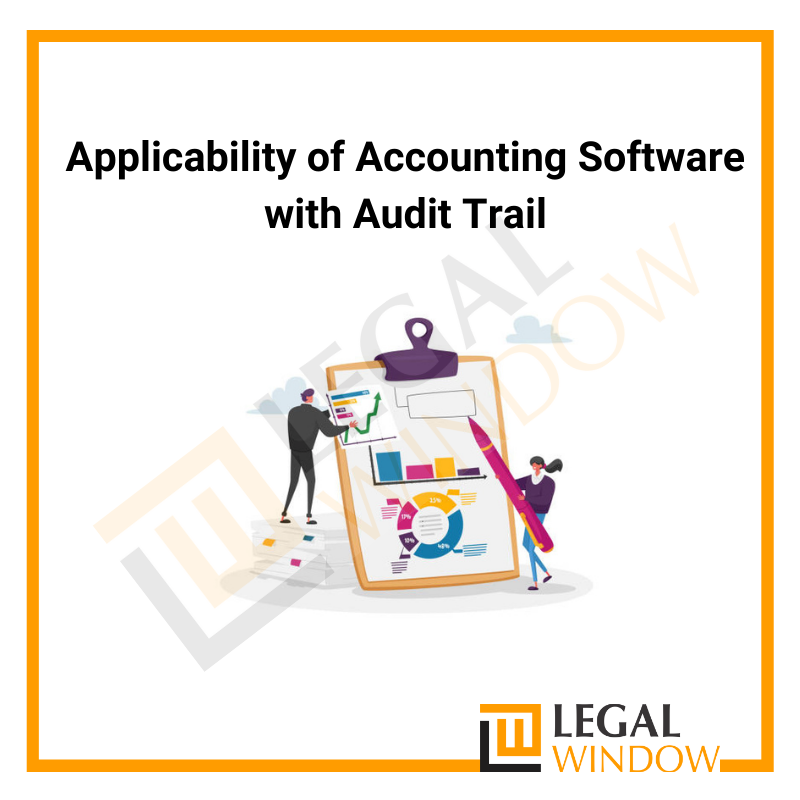Latest Post and Updates

With the rapid change in time and fast development of technology, the world is racing towards perfection. India is a country that is very well competing in this race and is improving every single day. India is one of the most preferred countries for business start-ups and entrepreneurship. Since our…
The definition of Religious Trusts is not present under the Income Tax Act, 1961. The creation of a Religious Trust is mandated by the special law of a certain faith. Furthermore, in accordance with conventional principles, trust is only involved in the exercise of their own faith and belief. Most 'Religious…
A company appraisal necessitates a working understanding of several criteria, as well as professional judgment and expertise. This involves recognizing the valuation's goal, the value drivers affecting the subject company, and an awareness of industry, competitive, and economic aspects, as well as selecting and using suitable valuation processes and procedures.…
The Atal Pension Yojana is a pension system that aims to provide a stable income to the working poor after they retire. All bank account holders are eligible for the Atal Pension Yojana. Any Indian citizen between the ages of 18 and 40 can participate in the initiative. The Government…
In India, gold is one of the most popular and respected assets. It has shown to be the strongest investment option for generating high returns over time, particularly during economic downturns. There are several gold-related investment options available today. On significant occasions and for celebrations, children's weddings, and a variety…
Every business has to enhance its processes in order to prosper. Many are afraid to place within the time and money to do so. Even though it isn't the most exciting aspect of owning a business, processing payroll is essential. Payroll systems date back to the 14th century, which is a pretty…
To reduce the risk of fraudulent transactions or manipulation in the books of accounts, the MCA has issued a notice requiring the company to use accounting software that has a feature of recording an audit trail of each and almost every transaction, creating an edit log of each change made in…
Employee Stock Options Plan (ESOP) is an employee benefit plan, that provides workers ownership interest in the company. This interest takes in the form of shares of stock. Further, this plan is offered to employees of the Company to allow the Employees to participate in the growth of the Company.…
There are different types of audits performed under different rules such as company audits/statutory audits conducted under the terms of company law, cost audits, stock audits, etc. Similarly, the Income Tax Act mandates an audit called ‘Tax Audit’. As the name itself suggests, a tax audit is a review or…
A board of directors is a panel of people elected to represent shareholders. The board is in charge of protecting shareholders’ interests, establishing policies for management, oversight of the corporation or organization, and making important decisions on issues a company or organization faces. This blog talks about the ‘Composition of the…
Categories
- Agreement Drafting (23)
- Annual Compliance (13)
- Change in Business (37)
- Company Law (150)
- Compliance (90)
- Digital Banking (3)
- Drug License (4)
- FEMA (17)
- Finance Company (42)
- Foreign Taxation (9)
- FSSAI License/Registration (15)
- GST (124)
- Hallmark Registration (1)
- Income Tax (214)
- Latest News (36)
- Miscellaneous (170)
- NBFC Registration (8)
- NGO (18)
- SEBI Registration (6)
- Section 8 Company (10)
- Start and manage a business (27)
- Startup/ Registration (134)
- Trademark Registration/IPR (48)










